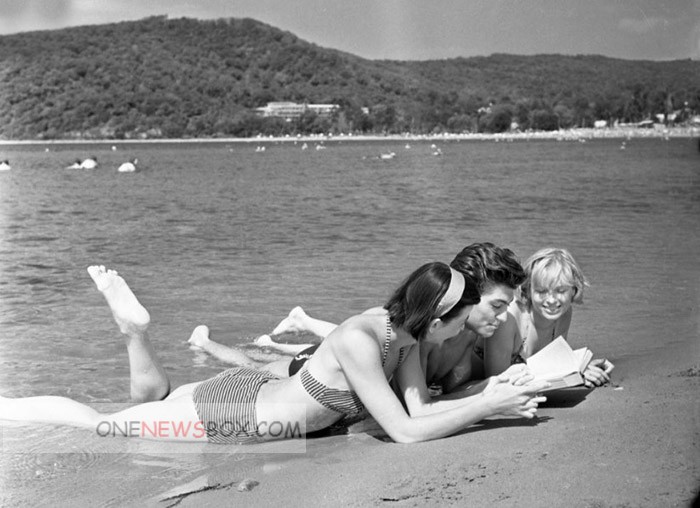Writers such as Maxim Gorky and Mikhail Sholokhov were celebrated for depicting heroic workers and peasants. Meanwhile, dissidents like Aleksandr Solzhenitsyn, author of The Gulag Archipelago, risked exile or imprisonment for exposing political repression. Classical music thrived, with composers like Dmitri Shostakovich and Sergei Prokofiev achieving international fame. Pop music, however, was carefully monitored — Western rock bands like The Beatles were often banned.
Still, underground listening groups formed, and young people secretly recorded Western songs on used X-ray films, a practice known as “music on bones.” Soviet cinema was one of the most influential in the world. Directors like Sergei Eisenstein (Battleship Potemkin) and Andrei Tarkovsky (Stalker, Solaris) combined political messages with artistic innovation. Movies were affordable and widely accessible — a unifying form of entertainment for millions.

